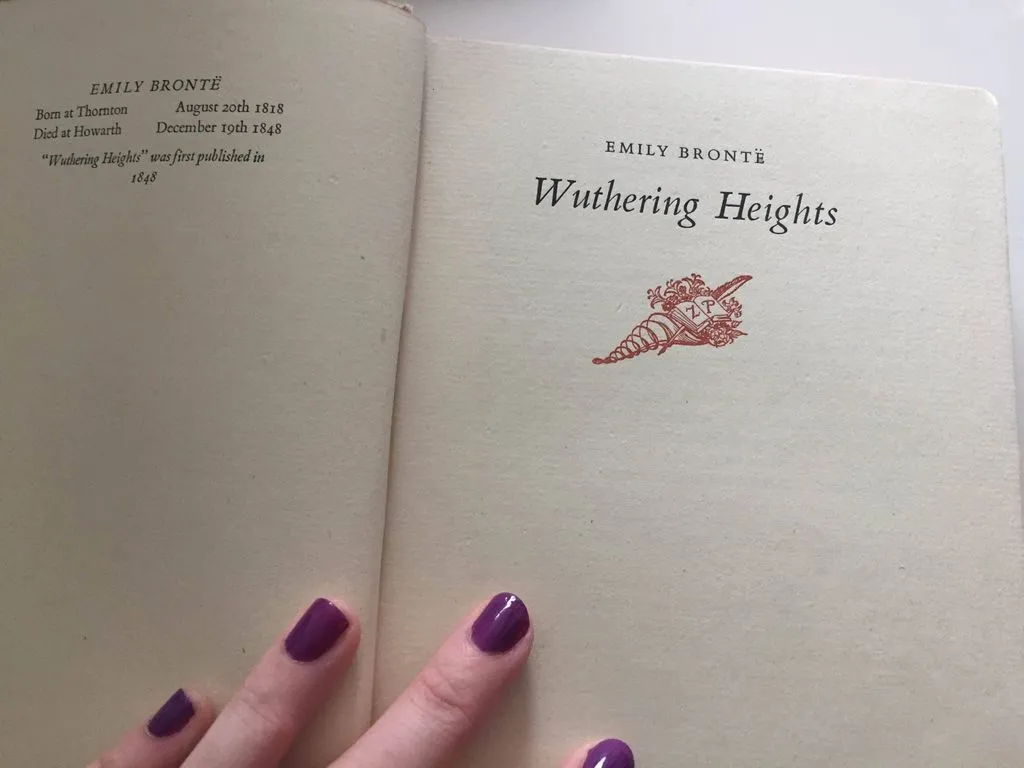
Is There a Right Age to Read Certain Books?
This content contains affiliate links. When you buy through these links, we may earn an affiliate commission.
I read Wuthering Heights when I was sixteen. You might think that’s the perfect time to read a book about obsessive, all-consuming love, and the terrible things two kind-of-awful people do to their families and each other in the name of said love. But I didn’t enjoy the book. I never really thought about why—just that I couldn’t connect to the characters. I haven’t read it since.
When I was twenty, I read Middlemarch for a university class on Victorian fiction. My professor and most of my fellow students loved the book, but it left me cold, and I was disappointed. Everyone talks about how Middlemarch is one of the greatest English novels of all time, maybe the greatest, and I love Victorian fiction. It should have been a perfect match, right? But there was something that, again, I just couldn’t connect to. I felt like I was appreciating it from afar because I knew I was supposed to.
In the same class, we read Anna Karenina, a novel I loved far more at twenty than I did when I first read it at fourteen. The first time I read it, I don’t think I really understood Tolstoy’s tragic heroine and why she did what she did, or appreciated the long interludes where Levin reflects on Russian farming. (Which are, honestly, still a little hard to appreciate.) My new experience with Anna Karenina got me thinking. Maybe I had been too old for Wuthering Heights. By then, I was already past the point of believing that love excuses monstrous selfishness (hey, I was a cynical teenager). And had I been too young for Middlemarch? It’s a long, slow burn of a novel, something I might appreciate more after I’d had a little life experience and made some mistakes.
Since that long-ago university class, I’ve thought about this a little more and come up with a few more examples.
Romeo and Juliet by William Shakespeare: Like Wuthering Heights, this seems to me to be a play for fourteen-year-olds. Much like the characters themselves. All the dirty jokes, the urgency of Romeo and Juliet’s love for each other, the suicides—it has teen melodrama written all over it.
The Mothers by Brit Bennett: This is a new book, so I couldn’t have read it at the age of seventeen. That’s how old the main character is when the book begins. But I do think this is the perfect book to read in your late twenties, when you’ve had a chance to collect some regrets and wonder how your life would look if you’d made different decisions just a few years ago.
Elena Ferrante’s Neapolitan novels: Like Harry Potter (hear me out), this is a rare series of novels that, I think, can grow up with their reader. I’ve only read the first two so far, but I’m waiting to start the third and fourth—partly to savour Ferrante’s gorgeous writing as long as I can, but also because I don’t feel quite ready for them yet.
Their Eyes Were Watching God by Zora Neale Hurston: I wish I had waited a few more years (maybe decades?) to read this novel, which I read when I was twenty-four and really hadn’t had a ton of life experience. Not that four years has made a huge difference, but this seems like a book to read after you’ve had your heart broken, gained some perspective, and fallen in love again. Told in flashback form by a character in her forties, I think this book pairs well with a similarly-aged reader.
The Remains of the Day by Kazuo Ishiguro: I tried, and failed, to read this book at least twice before finally devouring it two years ago. Like some of the others on this list, it’s a book you can really connect with when you’re old enough to rethink some of the things you thought you were unshakeable truths. I suspect it will mean even more to me if I read it again in fifteen years.
What do you think: Is there a right time to read a book? An ideal stage of life at which a particular book becomes the perfect companion? For my part, I’m forever grateful that I read Dodie Smith’s I Capture the Castle when I was fifteen. And I do plan to read Middlemarch again. It seems like the kind of book you appreciate more as you get older. After all, according to Virginia Woolf, Middlemarch is “one of the few English novels written for grown-up people.”










